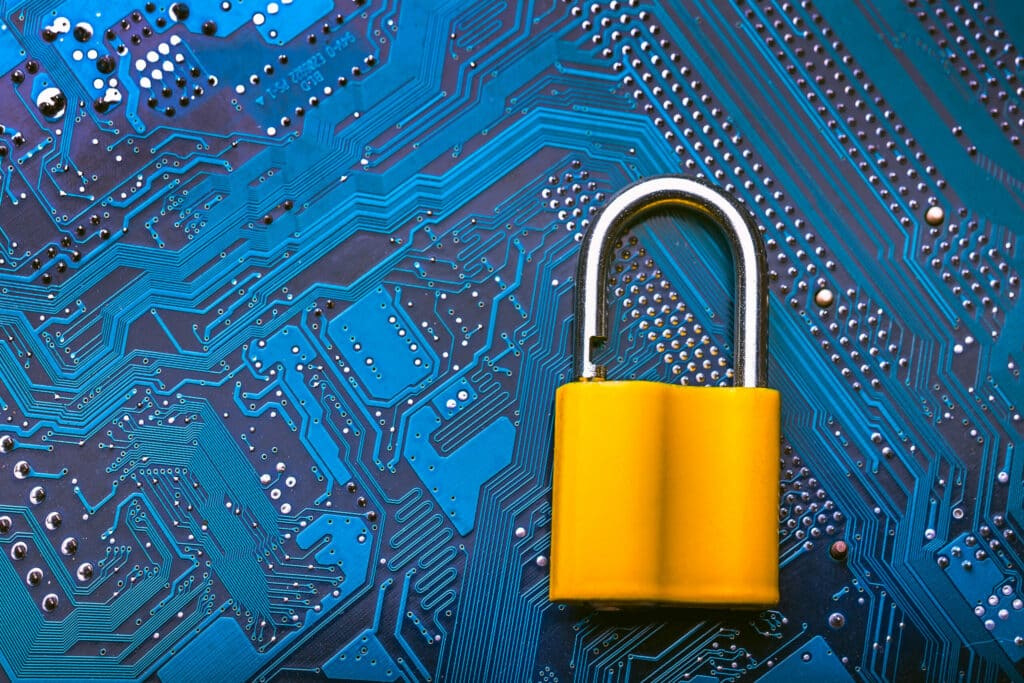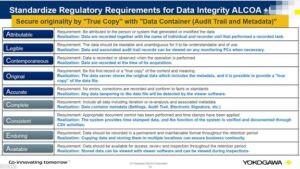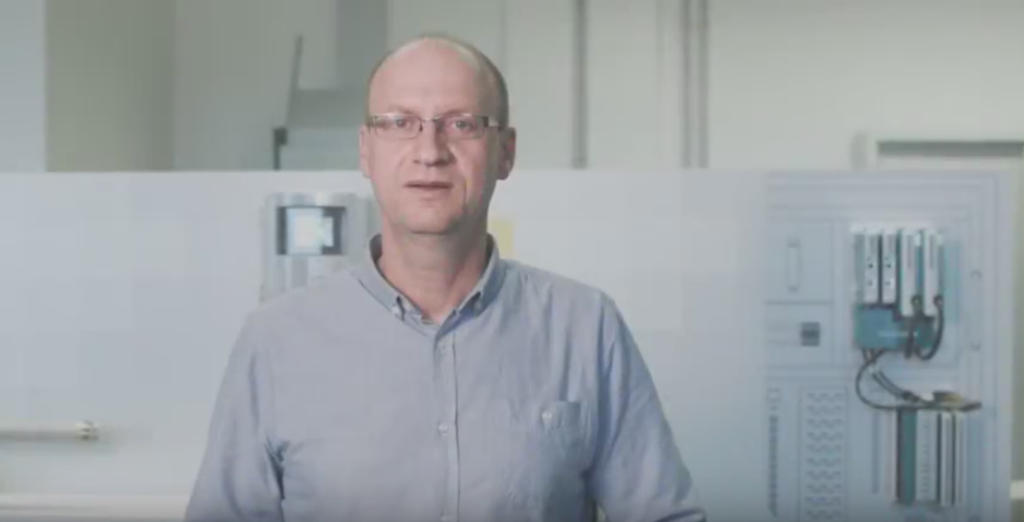It is one of the worst-case scenarios for a manufacturing plant in the pharmaceutical industry.
During a quality audit conducted by a regulated agency, the inspector has found some vulnerabilities or flaws in the computerized system. And this is used for the monitoring and recording of critical process values in the production of drugs. In case of minor issues with low risk, the inspection may force you to make an improvement plan. In case of major issues, the regulator may send an official warning letter. Or even decide to close the production site immediately. Nowadays a substantial part of the violations is related to data integrity.
Things were simple
In the previous century, things were simple. The industry was using stand-alone chart recorders, which were located close to the process. Only the operator had physical access to the recorder. And once the trend graph was printed, manipulation of data was not possible anymore.
With the change from paper to paperless solutions, new regulations became mandatory. Like compliance with 21 CFR part 11 and Computer System Validation. IT network technology was introduced on the production floor. And it started a trend to integrate and centralize all computerized systems. Remote access and sharing of data amongst different users increased efficiency and reduced manufacturing costs.
New questions
At the same time, new questions came up. Questions like who is the owner of the system and who is responsible for the data, who is responsible for the maintenance of the system and very important who is responsible for the security of the system. The guidelines for the development and use of computerized systems in the pharmaceutical industry were further evaluated which resulted in a strong focus on data integrity, captured by the acronym ALCOA (see picture).
As a leading supplier and manufacturer of process monitoring systems for the regulated industries, Yokogawa still believes in the concept and strength of paperless recorders for data integrity.
Data Integrity starts with the design of the system which in the case of Yokogawa’s recorder, is based upon a non-Windows operating system. This means minimized risk of computer viruses or malicious codes. The SMARTDAC+ paperless recorder is a fit for purpose system with full integration of hardware and software (firmware) components. This results in less validation work.
Local operation and local data storage offer the same advantages as the old chart recorder for ownership of the system and the data. The Advanced Security option is used for compliance with pharma regulations. It ensures strict user access control and a safe connection to a local area network for remote access and file transfer. Good practice in Data Integrity describe the segregation of roles for access to the system.
Yokogawa has strengthened the specifications for Data Integrity.
The latest firmware version of our SMARTDAC+ systems is supporting a second admin-level serving the different responsibilities of the IT administrator and the OT administrator. In this way, the OT administrator has responsibility for the recorder application. And the IT administrator has responsibility for the User/Password management of the system.
About Robustness about manipulation of the data.
The binary encoded data file includes not only the measurement values. But also metadata including actual recorder configuration and audit trail information (who, when, what)? The original data file is created and stored in the internal memory of the recorder. True copies are stored on the external memory (SD card) and also sent to the central file server on the network. In case of a power break or network disconnection, the original data files will not be lost.
The Yokogawa Viewer software uses a data file integrity check for verification of the recorder data. Any manipulation of the data file will result in an indication that it is not an original data file anymore. Our software design policy ensures compatibility. This means that even the latest version can open the electronic data files which were issued more than 20 years ago with a Yokogawa paperless recorder (retention, keep the original format).
Especially for the pharmaceutical industry, the concept of a paperless recorder is still very strong. It is serving the needs of the past, the present and the future. The latest firmware version is compliant with 21 CFR part 11 and requirements for data integrity. This means no stress for the FDA audit and a warm welcome to the inspector.
https://www.yokogawa-blog.de/en/converging-and-securing-ot-it-enabling-industrial-network-security-solutions-for-use-with-key-technologies-2-3/





